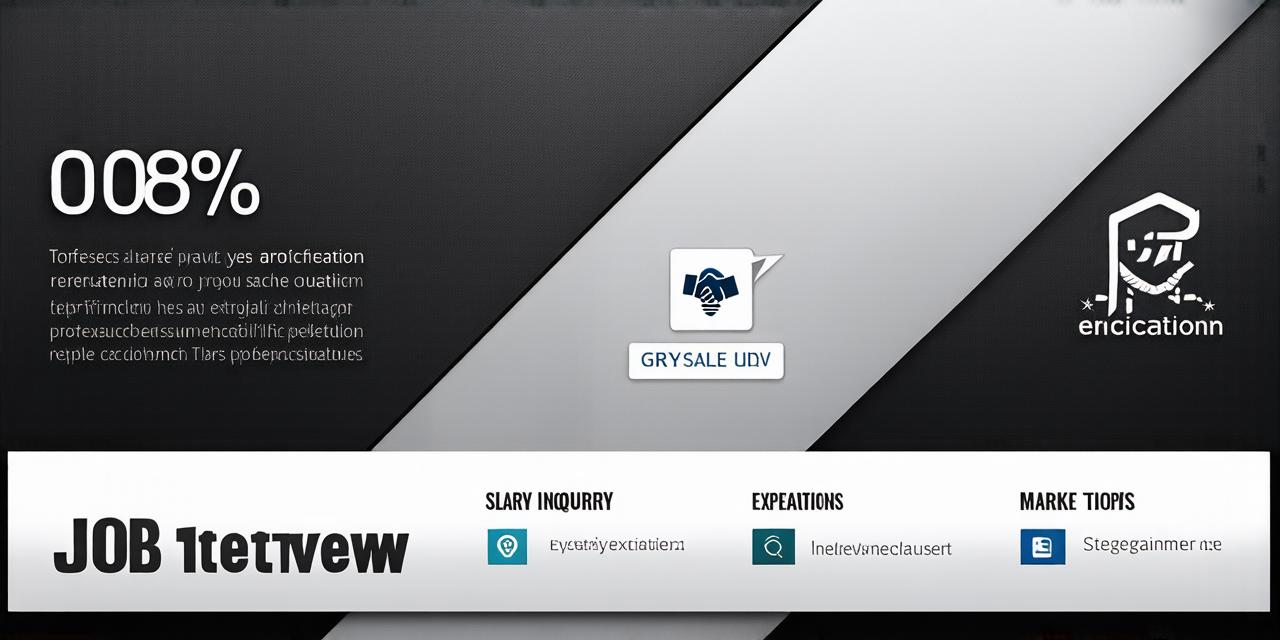When you’re applying for a new job, it’s common for companies to ask you about your salary expectations. While this question can be tricky to answer, it’s important to approach it confidently and effectively.
Understanding Salary Expectations
Before diving into how to respond to a company about your salary expectations, it’s important to understand what they are looking for. Salary expectations refer to the amount of money you believe you deserve or are willing to accept for a specific job position.
When answering this question, it’s essential to keep in mind that companies want to know if you have a realistic understanding of the market rates for your skill set and experience level.
Research Market Rates
Before you respond to a company’s salary inquiry, do some research to understand what market rates are for your job position. There are many online resources available to help you find this information, such as websites like Glassdoor, Payscale, and Indeed.
These sites can give you an idea of the average salary range for your job position based on factors like location, experience level, and education.
Be Confident and Clear

When responding to a company’s salary inquiry, it’s essential to be confident and clear in your communication. You don’t want to come across as unsure or hesitant about what you can bring to the table.
One effective way to communicate your confidence is by stating a specific salary range that you believe aligns with market rates and your experience level. For example, you might say something like, “Based on my research, I would expect a salary in the range of X to Y dollars per year for this job position. However, I am open to discussing any potential adjustments based on the specific requirements and responsibilities of the role.”
Be Flexible
While it’s important to have a clear understanding of market rates and your own value as a candidate, it’s also important to be flexible when negotiating salary.
One effective way to be flexible is by expressing willingness to consider different compensation packages or benefits in addition to salary. For example, you might mention that you’re open to discussing bonuses, equity options, or other forms of compensation that could offset a lower base salary.
Use Personal Experience as a Guide
When responding to a company’s salary inquiry, it can be helpful to draw on your own personal experience as a guide. If you’ve had previous jobs where you negotiated salaries successfully, use that experience to inform your response.
For example, if you’ve had experience negotiating higher salaries in the past, you might draw on those experiences to explain how you arrived at your salary expectations for the current job position. Alternatively, if you’ve had negative experiences with salary negotiations in the past, you might use that experience to emphasize the importance of being clear and confident when discussing compensation.
Consider Company Culture and Values
When negotiating salary, it’s also important to consider the company culture and values. Different companies have different priorities and priorities, and what may be a top priority for one company might not be as important for another.
For example, if you value work-life balance and flexibility, you might prioritize these factors when negotiating salary, rather than just focusing on a higher base salary.


